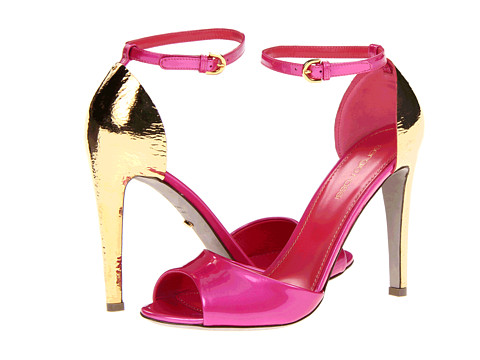 The one piece of advice I would give new writers is to not just to write what you know but to write what you love. Maybe you love astronomy and have a head full of constellations, or you have a gift for languages, or you’re an expert in some field or hobby. These things that interest you, that take up your idle time, use these things in your stories. Your knowledge on the subject will give your story more credibility and your passion will give it life.
The one piece of advice I would give new writers is to not just to write what you know but to write what you love. Maybe you love astronomy and have a head full of constellations, or you have a gift for languages, or you’re an expert in some field or hobby. These things that interest you, that take up your idle time, use these things in your stories. Your knowledge on the subject will give your story more credibility and your passion will give it life.And the things you love don’t always have to be so specific. Maybe you love unconventional narratives and finding new ways to tell a story. Maybe you love rousing adventures that make the reader forget their troubles here on the ground. Or maybe you think often about how men and women relate to one another, or how parents and children relate to each other, or how people in general relate to each other. Figure out what interests you and cultivate it.
There have been times when I’ve grown stuck while writing, working myself deeper and deeper into a rut the like a wheel spinning in the mud. The most frustrating thing was that there was nothing technically wrong with the stories I was working on: the plotting was sound, the words at the very least in the right order, but there was something missing. I didn’t care. And why didn’t I care? Because I just didn’t care. There was nothing I loved in the story. Usually this happens because I’m so focused on writing something technically good that I stop writing about things I care about. Instead of following my passions I end up following trends, tapping into the popular consciousness rather than my own. And that’s when I get stuck.
There are stories only you can write. They might end up being very weird and/or personal stories, and they’ll probably be rejected a lot. But that just means that when they do connect with someone, the connection is all the stronger.
Write what you love sounds like obvious advice, and it is. In fact, new writers usually have a better handle on it than writers further along the path (in which case maybe this post should be about advice I’d give to ‘old writers’ instead of advice I’d give to new writers, not that I feel overly qualified giving advice to anyone). But it’s something that’s easy to lose sight of. So, even after you’ve written thousands upon ten thousands of words, remember what you love.
Shannon Fay is a freelance writer/assistant bookstore manager living in Halifax, Nova Scotia. She has recently won the James White Award and has had several short stories published in a variety of genres.
Learn more about Shannon Fay on her website.
















































